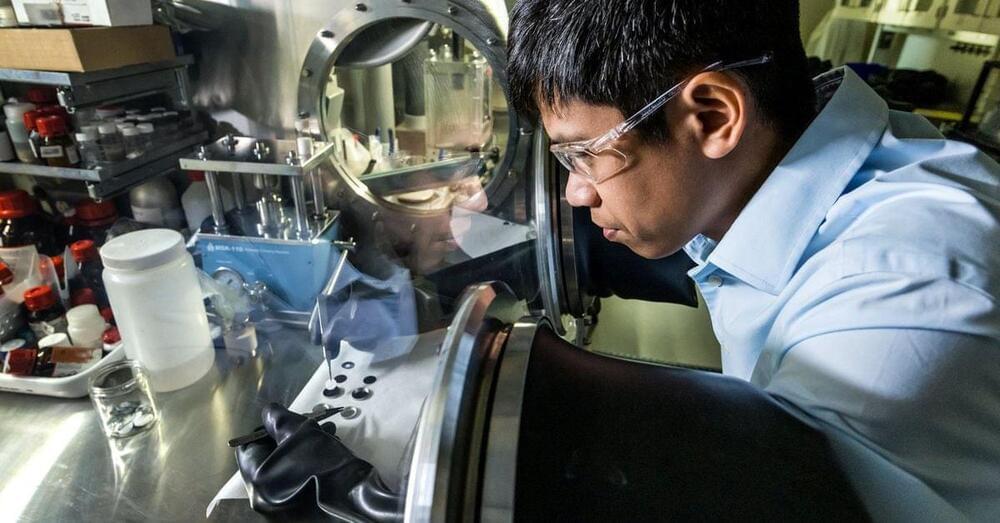Jan 9 (Reuters) — Microsoft (MSFT.O) has worked with a U.S. national laboratory to use artificial intelligence to rapidly identify a material that could mean producing batteries that require 70% less lithium than now, the company said on Tuesday.
The replacement of much of the lithium with sodium, a common element found in table salt, still needs extensive evaluation by scientists at Pacific Northwest National Laboratory (PNNL) in Richland, Washington to determine whether it will be suitable for mass production.
“Something that could have taken years, we did in two weeks,” Jason Zander, an executive vice president at Microsoft, told Reuters. “That’s the part we’re most excited about. … We just picked one problem. There are thousands of problems to go solve, and it’s applicable to all of them.”
